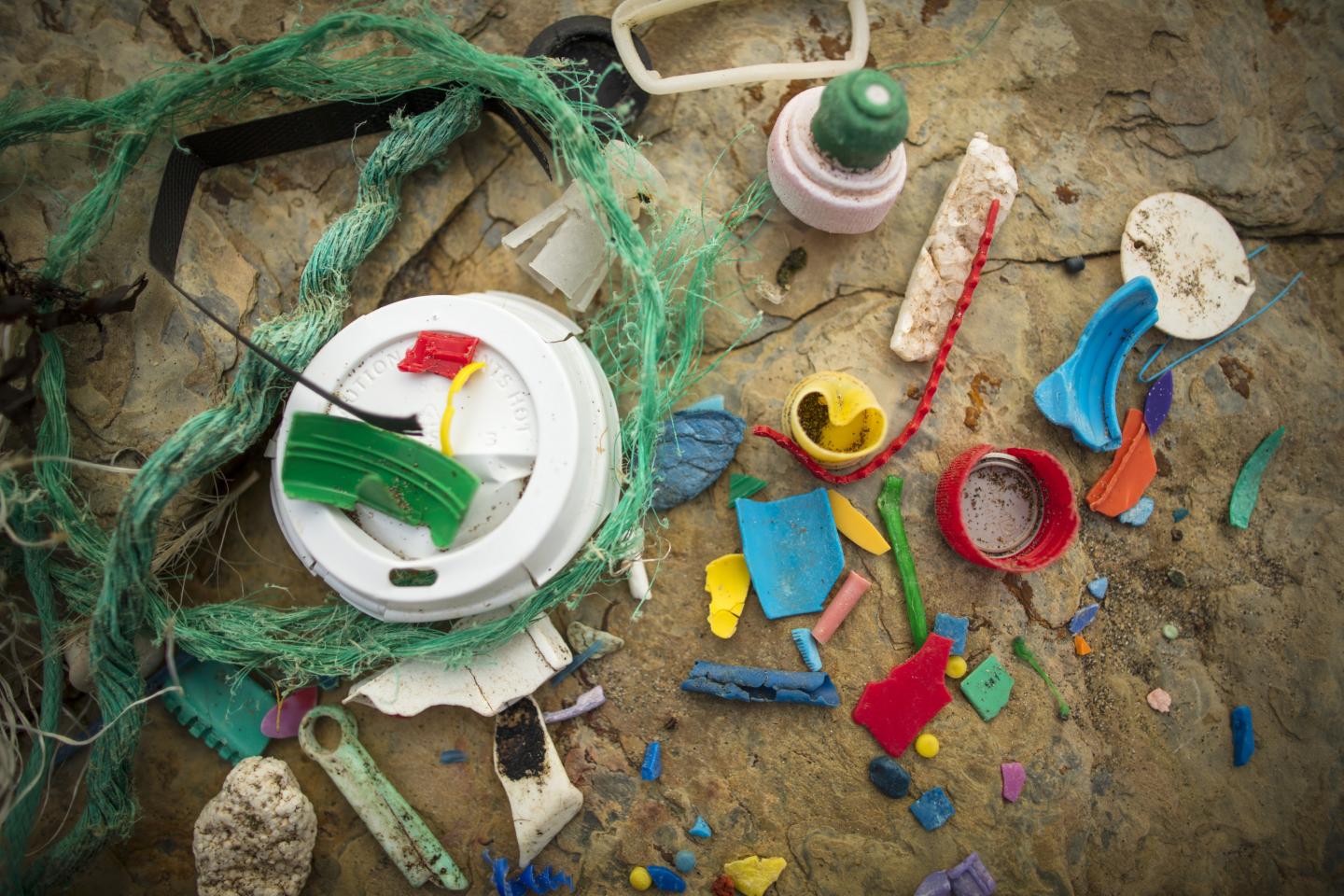Marine litter is a big deal thanks to environmental publicity but it is highly exaggerated - think mercury in salmon, alar on apples, floating barges of garbage, estrogen in drinking water and more to get an idea of how these issues get magnified.
But when surveyed, people care. In Europe, 1,100 people surveyed were willing to say how much they care. And they readily claimed it was plastic bottles. They even say they are willing to tell people to use fewer plastic bottles, and want environmental groups to take the lead.

University of Plymouth put all of this into a pile to make the point that activists should not be trusted, even at universities.
There is just one problem with that: Corporations and government, while not perfect, are far more likely to take positive approaches to pollution. Environmental groups will lobby for bans when no replacement exists - in 2017, French President Emmanuel Macron alarmed farmers when he declared he would ban the herbicide glyphosate despite the overwhelming consensus on its safety and necessity, and claimed pelargonic acid would replace it. What his environmental donors did not tell him was that it is no longer 1863. Pelargonic acid is just as non-toxic as glyphosate but 100X the cost. And International Union for Conservation of Nature was caught conspiring to get pesticides banned without evidence. They mistakenly put their agenda on the Internet or else no one would know.
Yet the public trusts them more than scientists or companies. That's not going to clean up the beaches.






Comments